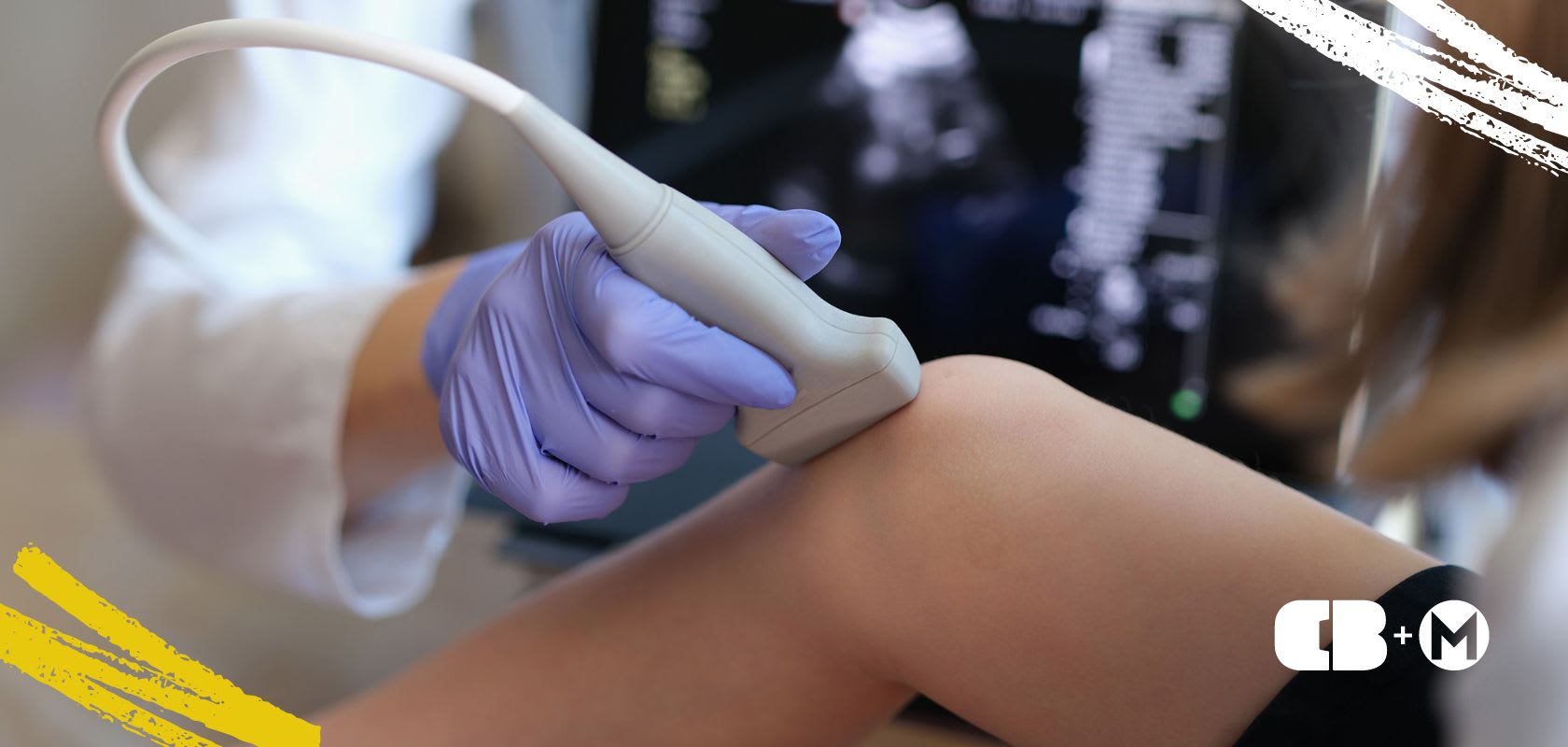
Stress is part of the job for health care workers
Learn how stress affects healthcare workers and other professionals and explore tips and stress management strategies to help you avoid burnout at work.
Read Article

If you’re searching for a medical career that provides a window to the inner workings of our bodies for physicians, becoming a diagnostic medical sonographer may be the perfect fit for you. Since the world of medicine has many specialties, this niche imaging profession also offers many different opportunities, making it ideal for sonographers who want to provide overall body imaging or offer insight into specific corners of the body.
This profession also offers relatively stable demand, as the Bureau of Labor Statistics projects it will grow 15% between 2021 and 2031. Since the baby boomer population is getting older, the demand for diagnostic imaging grows to identify, diagnose, and treat conditions that affect older adults. If you’re interested in this profession and want to find the perfect career that best suits your interest, keep reading to learn about the various career opportunities available to you in this field.
Diagnostic medical sonography involves using imaging equipment to gain better insight into the inner workings of the body’s function, including a person’s organs, skeletal structure, and body tissues. The primary imaging equipment you’ll be using in this profession to provide this insight is an ultrasound device that bounces sound waves off body tissues and organs that can translate into a detailed view of that area of the body. Physicians then use those detailed views and images to diagnose various conditions without the need to conduct invasive diagnostic procedures.
There are several specialties in this field to consider, so if you want to pursue a diagnostic imaging role focusing on a specific part or aspect of the body, there’s likely a specialty already out there waiting for you.
If there’s a medical specialty, then there’s likely also a diagnostic medical sonography role in that area of practice. Different specialties for those interested in this field include the following:
While exact job titles can vary based on the specialty you choose, the focus is on enabling diagnostic professionals to identify abnormalities and potential conditions resulting from these abnormalities. From there, they can plan a course of action to remedy these conditions or offer advice for mitigating symptoms.
“Diagnostic medical sonographers use noninvasive technology to help identify and treat individual medical conditions.”
Diagnostic medical sonographers use noninvasive technology to help identify and treat individual medical conditions. Regardless of the specialty, diagnostic medical sonographers often perform similar duties. Although exact patient posturing and preparation might vary due to different ultrasound locations, their responsibilities remain comparable. Typical duties include the following:
Although many roles only require candidates to have an associate degree, pursuing additional credentialing programs can help you stand out. Several organizations offer these credentialing programs to help you expand your understanding of ultrasound imaging and improve your capability to create high-quality images. A few of the programs you might consider include the following:
Several formal certification programs can further emphasize your expertise. A few to consider include the following:
Certain states also require licensure for diagnostic medical sonographers, making certification necessary to prove that you know essential imaging concepts and techniques that also focus on quality patient care. Reviewing your state’s requirements can help you find the perfect credentialing program to fulfill licensure prerequisites effectively.
While exact salaries can vary based on your specialty and employer, you can earn an average of $84,500 per year as a sonographer. On the low end, this might average around $61,000 per year but can increase to around $110,000 per year.
If you want to enter this medical field, gaining some medical experience can be pivotal in passing your credentialing exams or finding the next perfect role. Here are some other related roles to consider before pursuing a career in diagnostic medical sonography:
Now that you know more about the various career options in diagnostic medical sonography, it’s time to start your job search and get out there. Build your professional profile on CareerBuilder so employers can start finding you. A public profile makes it easier for employers to consider you and can make your job-hunting journey more successful.
Are you just starting your career path in diagnostic medical sonography? Getting experience and developing certain skills can help set you up for success in this career. Look at these articles to help you find and land work as a diagnostic medical sonographer:
If you’re creating your sonographer resume, incorporate these in-demand skills to help you stand out.
If you’re new to the profession and are coming from another career, knowing how to emphasize your transferrable skills can help employers see why you’re the right fit.
And if you’re working on getting that job offer, knowing how to negotiate your salary during the final stages can help you get the most out of your new job.

Learn how stress affects healthcare workers and other professionals and explore tips and stress management strategies to help you avoid burnout at work.
Read Article

Learn when to include your GPA on your resume and see best practices for presenting it to increase your chances of securing your dream role.
Read Article

Learn what the hospitality industry is, discover four of its key categories, and consider 10 of the most attractive hospitality-related jobs available.
Read Article